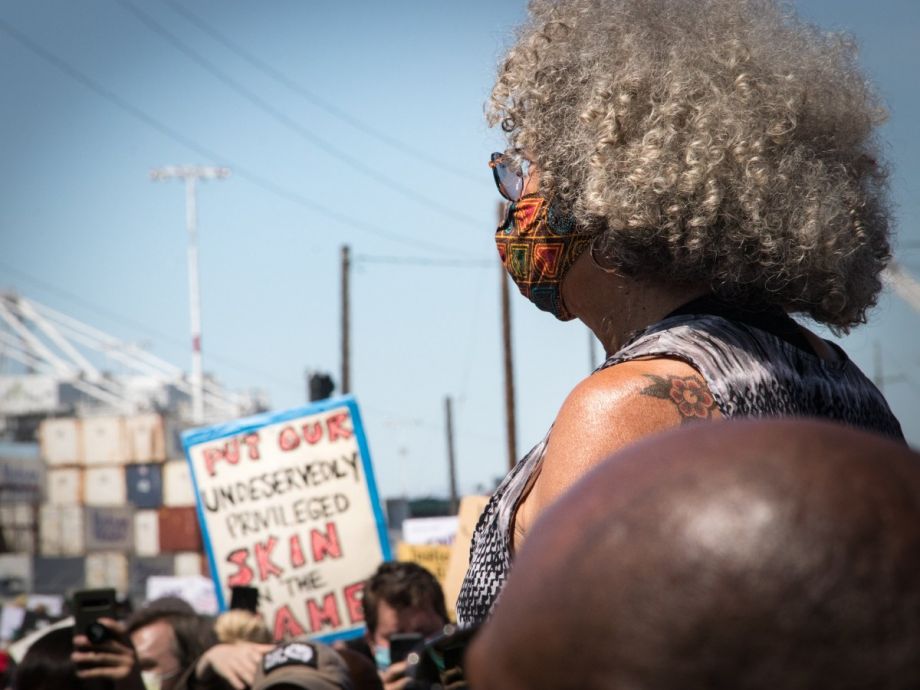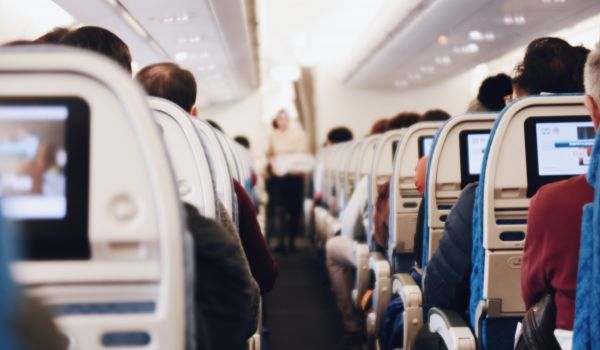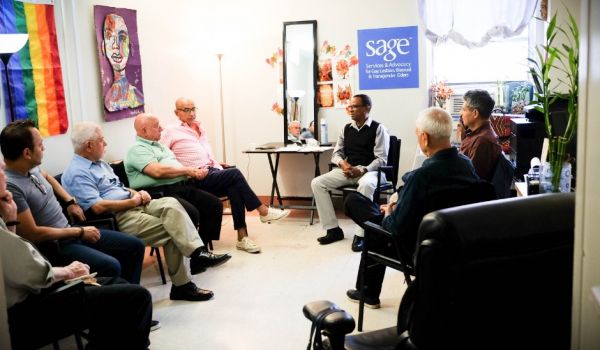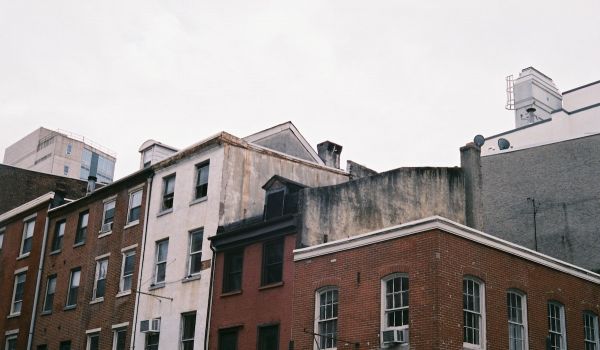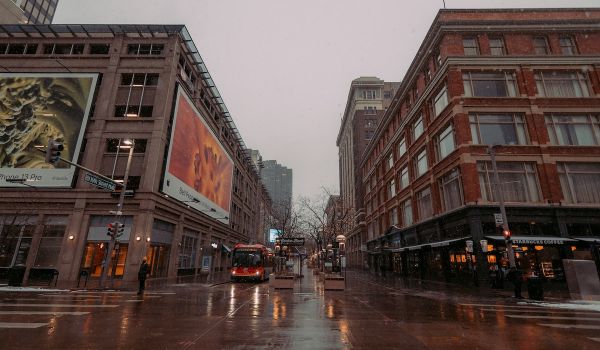Historic California Vote to Provide Reparations Only for Descendants of Slaves
California’s reparations task force has voted 5-4 to only provide reparations to Black Californians who can prove their direct lineage to their enslaved ancestors, Cal Matters reports. The decision brings the state closer to becoming the first in the US to pay African Americans for the harms of slavery but the exact terms remain contentious, according to the Guardian. What kind of proof people need to document their lineage has not yet been decided.
Previous amendment suggestions were much broader in their notion of eligibility, with a plan to provide up to 2.6 million African Americans with reparations.
Kamilah Moore, the chair of the task force, defended the historic decision by tweeting that “the overwhelming majority of California’s Black residents will benefit from reparations.” She also said that granting eligibility to those who could not trace their lineage would “aggrieve the victims of slavery.” Civil rights lawyer Lisa Holder, however, argues that reparations need to address both present and future harms. “The system that folks are advocating for here, where we splice things up, where only one small slice benefits, will not abate the harms of racism.”
The task force was established in September 2020 to study and recommend reparations. It will release a thorough reparations proposal in June 2023.
Upcoming Amazon Union Vote is Still Up in the Air
Unionization may be on the horizon for Amazon as warehouse workers in New York City and Alabama finalized their union elections this week, Reuters reports.
The City called it “the culmination of an intensely watched campaign that has taken on out-sized implications for the future of the company’s burgeoning warehouse workforce.”
But results remain up in the air as workers are contesting the eligibility of hundreds of ballots based on “voters’ employment dates, job classification” among other issues. The contested ballots will likely decide the final outcome of the tally that is currently too close to call. In Staten Island, ‘yes’ votes were in the lead while hundreds of ballots remain to be counted by the end of Thursday, while Bessemer, Alabama, seemed to lean toward ‘no.’
This marks the second time workers in Bessemer, Alabama, attempted to unionize as Amazon’s previous election interference granted employees a re-vote. Voter turnout among Alabama workers was substantially lower this time as it dropped to 39%, down from the more than 50% of workers who voted in 2021.
Unionization efforts across both cities shared similar campaign proposals, but Staten Island warehouse workers were facing a number of different challenges. While the Bessemer employees are backed by the Retail, Wholesale and Department Store Union (RWDSU), the New York City union organizers are acting independently. The Amazon Labor Union (ALU) heavily relies on online funding, volunteers and other pro bono assistance.
“Other campaigns, they have $4, $5, $6 million on campaigning. We don’t have that. We spent less than $100,000. I have a week-to-week budget,” said Christian Smalls, ALU head organizer, to The City.
Organizers were facing a massive campaign by Amazon to sway people away from unionization. The warehouse giant’s recent efforts included large 10-foot banners, along with a website and social media campaign asking people to vote no. Employees are also required to attend mandatory training meetings that might intimidate workers.
“It’s our employees’ choice whether or not to join a union. It always has been,” Amazon spokesperson Kelly Nantel said. “If the union vote passes, it will impact everyone at the site which is why we host regular informational sessions and provide employees the opportunity to ask questions and learn about what this could mean for them and their day-to-day life working at Amazon.”
Philadelphia Launches Wealth Tax Campaign
Philadelphia City Councilmember Kendra Brooks launched “Philly’s Wealth Tax” campaign on Tuesday in an effort to fight economic inequality.
The proposed tax would tax wealth in stocks and bonds at a maximum rate of 0.4%, with the exception of retirement funds, mutual funds and exchange trade funds. The tax has the potential to generate up to $150 to $400 million annually, CBS News reports.
Funding earned from this proposed tax would be used towards city services, and improving homelessness and youth programming, among others.
The campaign was broadcast over Zoom, as local and national leaders gathered to address the disparities that have only been further exacerbated by the pandemic. “We need real recovery. We don’t want to go back to our normal. We want a recovery that prioritizes the neighborhoods that were hit hardest by Covid and by decades of disinvestment,” said Brittany Alston, the Research Director at Action Center on Race and the Economy (ACRE).
Senator Elizabeth Warren joined the Zoom call, pointing out that the top one-tenth of one percent pay less in taxes than the bottom 99%. And as the nation struggled to endure the pandemic, billionaires have seen their wealth double.
“The tax system in America is broken and it allows the rich and the powerful to make themselves richer and more powerful at the expense of working families. That is not the America we want to be,” Warren said.
Learn more about the campaign here.
This article is part of The Bottom Line, a series exploring scalable solutions for problems related to affordability, inclusive economic growth and access to capital. Click here to subscribe to our Bottom Line newsletter.

Solcyre (Sol) Burga was an Emma Bowen Foundation Fellow with Next City for summer 2021. Burga graduated from Rutgers University with a degree in political science and journalism in May of 2022. As a Newark native and immigrant, she hopes to elevate the voices of underrepresented communities in her work.
.(JavaScript must be enabled to view this email address)



